Our recently launched Wellbeing Check In shows you how your mindfulness practice may be helping impact areas of your life such as Stress, Sleep, Relationships, Focus, Awareness & Responding. But how did this all come about and why did we make the change?
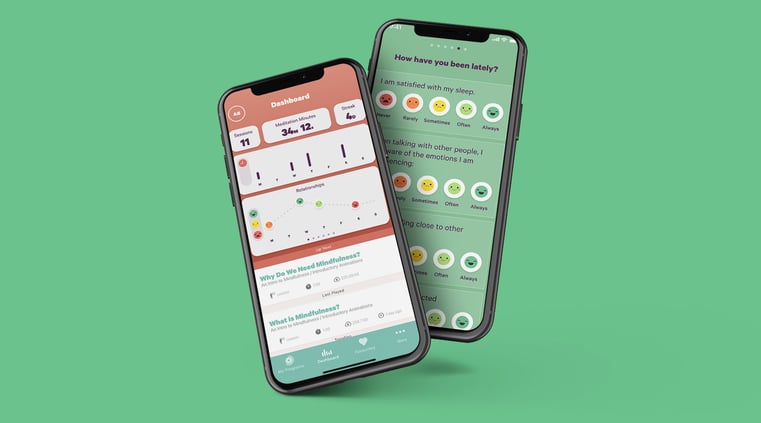
We see hundreds and thousands of emails, reviews and DMs, from people everyday, for whom our app and programs have had a profound impact on, so we know we’re making progress.
But we have been contemplating, for some time, how to provide simple ways for our users (that’s you) to understand what effects meditation and mindfulness through Smiling Mind may have on your life. Equally, as a technology and science-driven not for profit, we’re really interested in how we validate these assumptions, through qualitative and quantitative means, in helping you thrive in life, while understanding how our content and products are having an impact.
As we researched into which factors mindfulness can impact on your life, we concluded that they are much more far-reaching than just Happy, Content and Alert. So after much thought and analysis, we decided to update the way we ask these questions and have since removed these from the App, replacing these with a new set of questions.
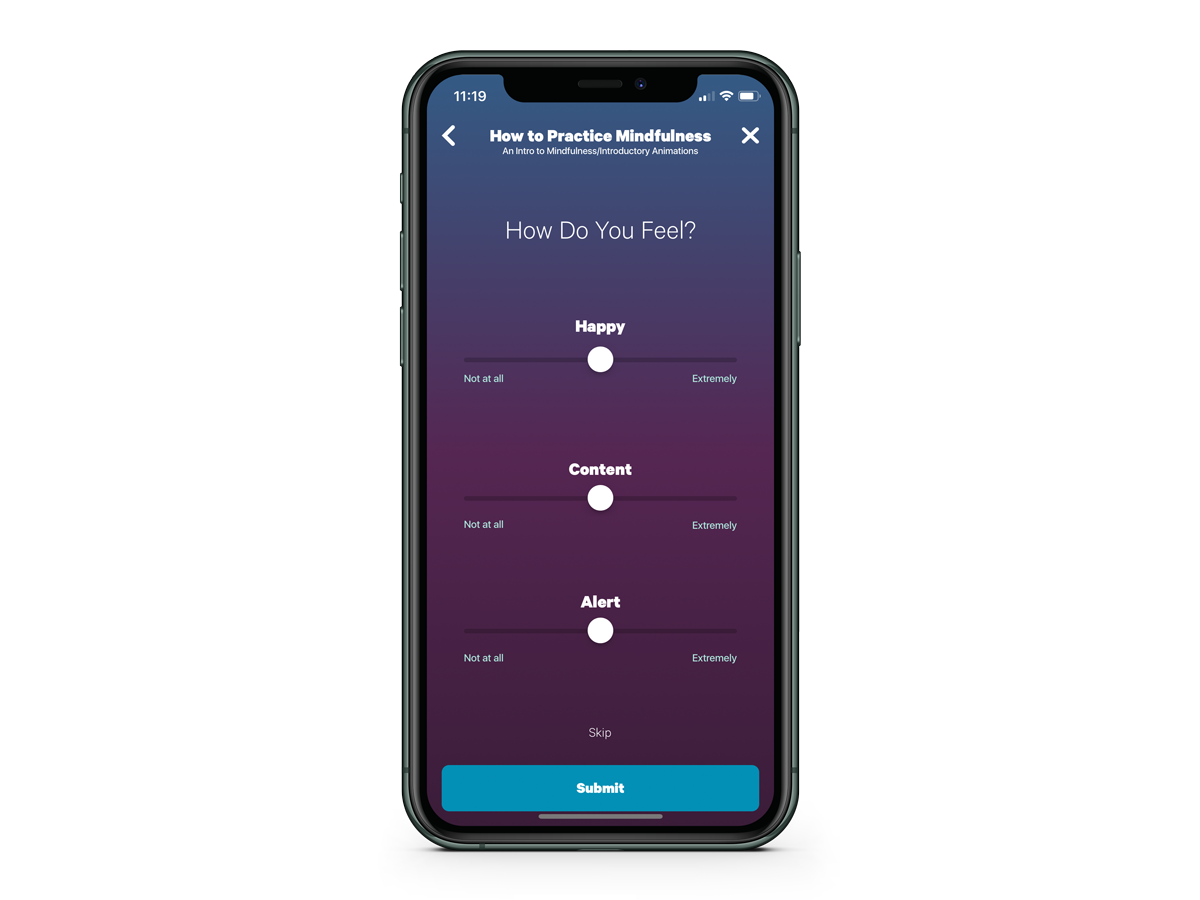
That’s the short of it. Feel free to read on for how we went about this…
Our cross functional team (of product, research, data science, psychology, content and operations teams) started out considering key factors across sleep quality, social connectedness, coping skills and resilience and set out to establish a measurement framework to measure the impact of our programs on enhancing the lives’ of many.
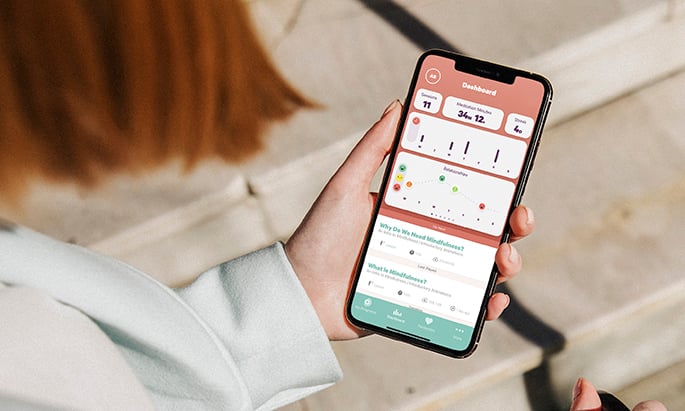
Smiling Mind draws on an evidence-base that supports the benefits of mindfulness, and the measurement approach, so we started out by outlining a framework to complement and add to this evidence base. Using what’s scientifically known as the ‘Theory of Change’ model we hypothesised that ‘increased day-to-day mindfulness will lead to improvements in mental health’,
From a scientific point of view, we believe regular meditation practice can increase trait mindfulness, so progressed our thinking down this path. We won’t go into further detail here on trait mindfulness, but more can be read on state and trait mindfulness here.
We then, through many brainstorming sessions, set about analysing a wide selection of industry research, scientific models and psychological assessments, to determine which ‘wellbeing measures’ aligned most with meditation and mindfulness practice; but more importantly, what would work well for our audience to understand and utilise while using the Smiling Mind experience.
At the end of our analysis and while there are many more to consider, we determined that key areas of Stress, Sleep, Relationships, Focus, Awareness & Responding are the areas we believe may be directly impacted by the practice of mindfulness and meditation. We settled on a Likert scale to capture user feedback, combined with ‘emojis’ to ensure clarity and speed of completion for users and we now present these only prior to each meditation.
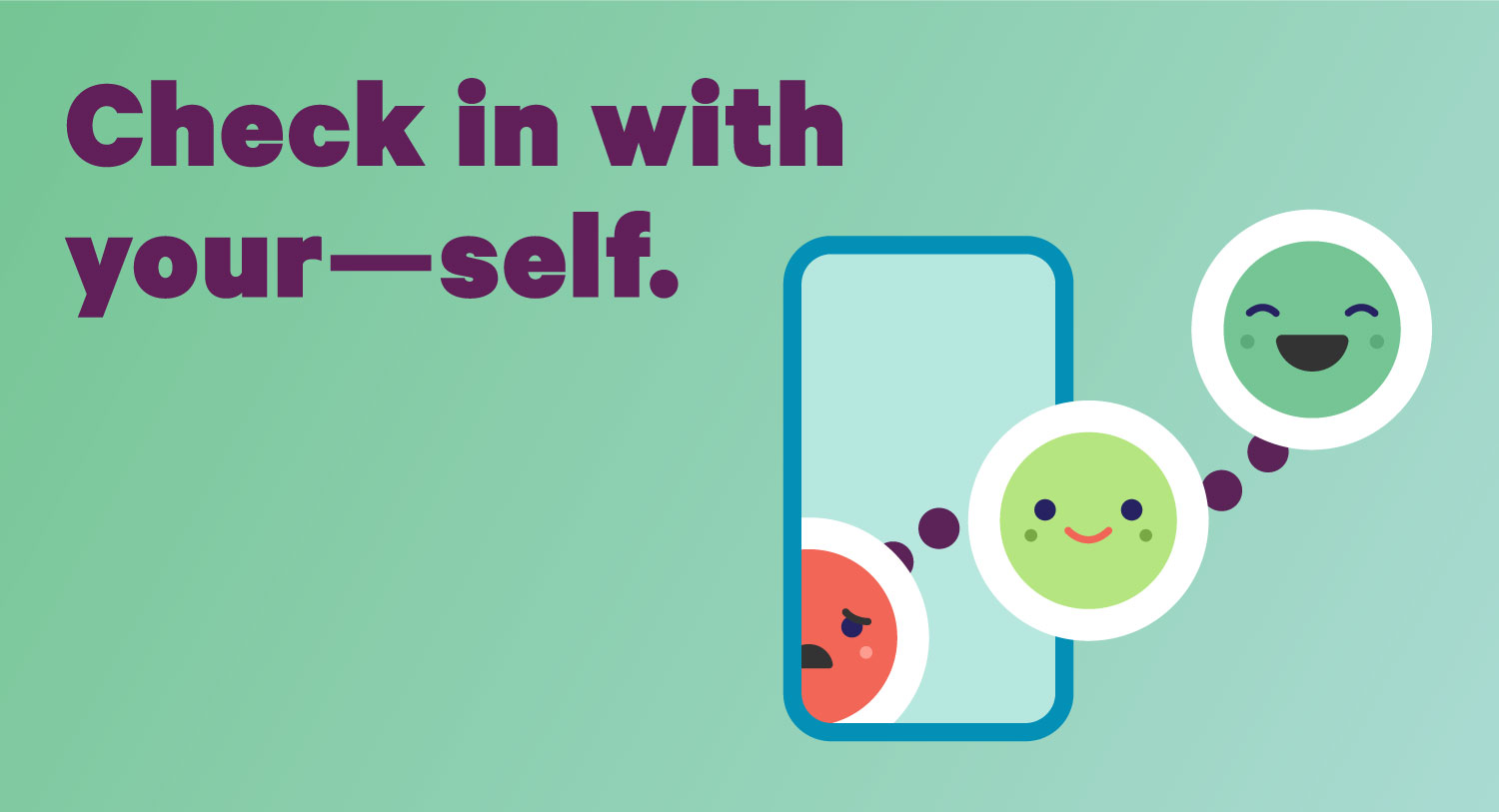
We believe these questions can assist in reflecting on how you have been lately and hope that these questions probe areas of thought for users as to what effect paying more attention to the present moment with openness, curiosity and without judgement, can have on one's life.
Working with Agile software development philosophy and through a series of sprints based on key sprint goals, we quickly built towards a working Beta version of the Apps. We believe that early end user feedback is always critical to building a great product experience. We have been rigorously testing a Beta version of the Apps for some months.
Some early feedback was very positive:
- "I really like the new format of the dashboard. It helps to express better how I feel."
- "I much prefer the new well being questions as they make you stop and think how you've really been feeling with the questions. "
- "I find the new format of the dashboard much more useful than the original ones. It is really easy and attractive to see the trends of your emotions through the emoticons."
We also discovered that some users may prefer to switch this function off or want more information - so we evolved the experience to include an updated weekly dashboard, a ‘pause’ setting and by highlighting where users could quickly access more information to.
We hope you get something out of the new Wellbeing Check In. As a lean, startup mentality, not for profit we’re always looking to improve and take feedback on-board, so feel free to reach out with feedback that you might have, as we look to evolve the experience.
For more information about the feature see our FAQs.
Thanks to nib Foundation for funding this exciting app development.

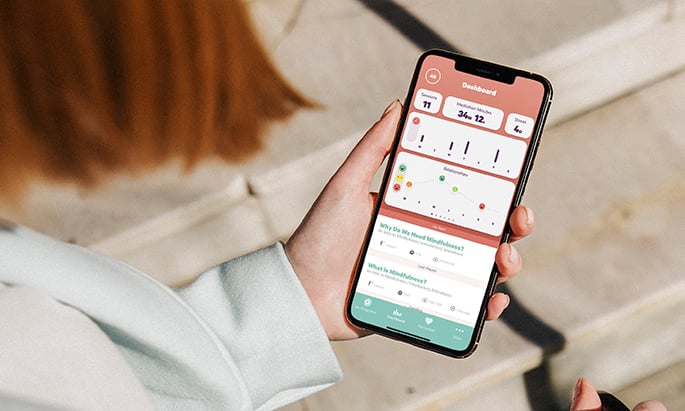








.jpg)




